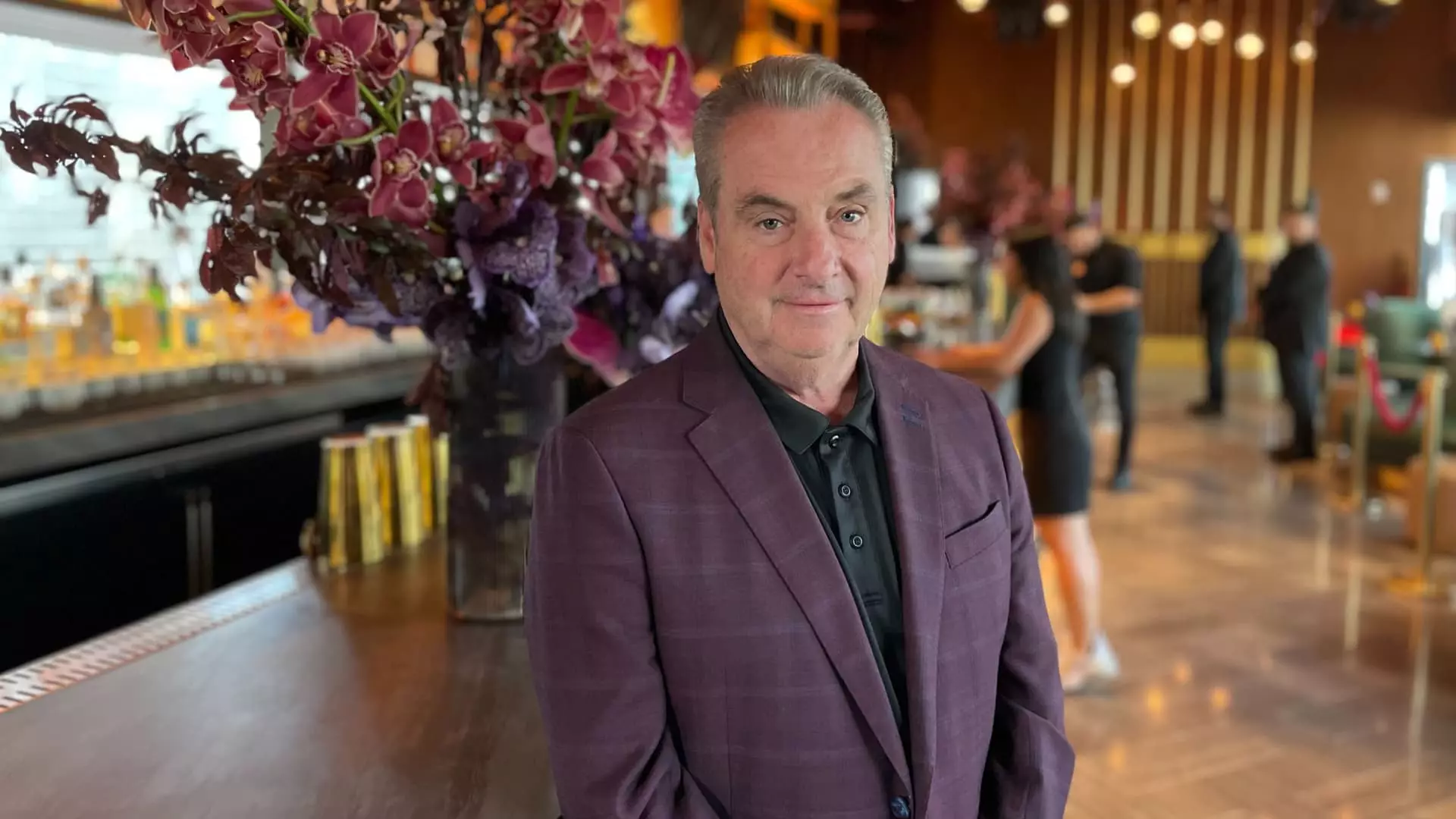In a developing narrative within Florida’s sports betting sector, Hard Rock International has displayed a willingness to forge strategic partnerships with commercial sportsbooks, signaling a potentially transformative shift in how betting operates in the state. Following a protracted struggle for dominance, Hard Rock emerged as the exclusive operator of sports betting in Florida following a tribal gaming compact granted by the state, a victory gained after fierce competition from prominent players including FanDuel and DraftKings. This exclusivity has positioned Hard Rock as a pivotal player in the Sunshine State’s gaming market, effectively curbing the ambitions of these commercial giants who seek entry into a lucrative environment.
The comments made by Jim Allen, Hard Rock’s chairman, regarding the potential for collaboration have stirred renewed interest among industry watchers. FanDuel CEO Amy Howe’s remarks concerning the possibility of resuming efforts to establish a foothold in Florida reflect broader strategic objectives targeting high-revenue markets. Notably, Florida’s population surpasses that of New York, currently the leading state in sports betting revenue, making it an alluring target for sportsbooks looking to expand their customer base.
During a recent interview, Allen emphasized the importance of building relationships with established brands such as FanDuel and DraftKings, underscoring a paradigm shift from adversarial competition to collaborative engagement. This approach could provide a pathway towards mutual benefit, potentially enhancing the gaming experience for fans and bettors alike while generating additional revenue streams for Hard Rock. The chairman indicated that ongoing discussions with these brands over the past few days indicate a promising willingness to explore opportunities that can harmonize the interests of both parties.
Florida’s sports betting landscape is ripe with opportunity, driven by its substantial population and a robust roster of professional and collegiate sports teams. The presence of over 20 high-profile teams enhances the state’s attractiveness for sports wagering and targets bettors who are enthusiastic about local franchises. With the market dynamics shifting towards potential collaboration, there is an opening for external operators to establish a presence without necessarily dismantling Hard Rock’s current framework.
The future of sports betting in Florida stands at a critical juncture. While Allen has chosen not to divulge specifics regarding revenue, the potential of a unified strategy involving Hard Rock and established sportsbooks could catalyze significant developments in the market. If executed properly, this collaboration might not only reshape the competitive landscape but also create a more comprehensive betting ecosystem for Floridians. The prospect of strategic partnerships highlights an evolving industry where cooperation may ultimately lay the foundation for a more robust and dynamic sports betting environment. As stakeholders navigate this promising terrain, the coming months may reveal whether these discussions will materialize into concrete partnerships, fundamentally altering the face of gambling in Florida.

